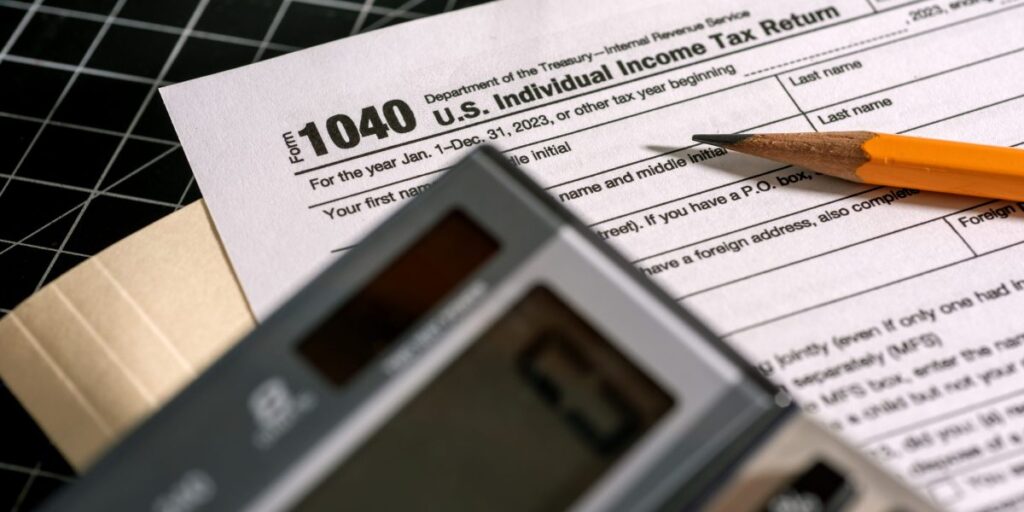

The Internal Revenue Service has hit a big dollar milestone in its efforts to collect overdue tax payments from millionaires.
The tax agency on Thursday announced it has surpassed $1 billion in past-due collections from high-wealth taxpayers over the past year. The compliance crackdown was first announced last fall.
Some 1,600 individuals who make $1 million or more per year were the most recent focus of the IRS. Each owed more than $250,000 in back taxes.
“With this collection activity, the IRS passed an important milestone in our effort to improve compliance and ensure fairness in the tax system,” said IRS Commissioner Danny Werfel in a statement. “Our increased work in this area means these past-due tax bills from high-end taxpayers are no longer being left on the table, like they were too often in the past.”
The collection efforts come after the IRS has allocated more of its budget to collections as part of the Inflation Reduction Act. IRS officials say they’ve long known who owed the money, but did not have the resources to collect it.
It’s not stopping at $1 billion, either. The IRS says it will continue to work on high-wealth non-filers as well as large corporations and partnerships. Earlier this year, the agency said it had sent letters to 125,000 high-income taxpayers who had failed to file federal tax returns since 2017. All totaled, the IRS initiative is looking at more than 25,000 people who have $1 million or more in income, and over 100,000 people with incomes between $400,000 and $1 million.
Assuming the funding is not altered, the IRS estimates it could generate up to $851 billion through 2034.
“We are overhauling compliance efforts to advance our commitment to fair, equitable, and effective tax administration and hold ourselves accountable to taxpayers we serve,” the IRS said in May in an annual update.



